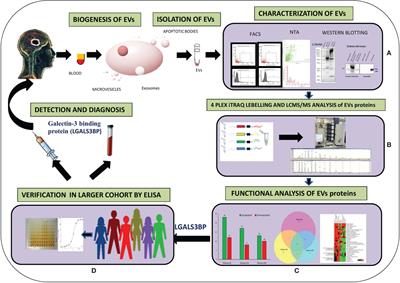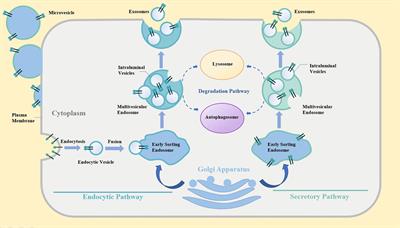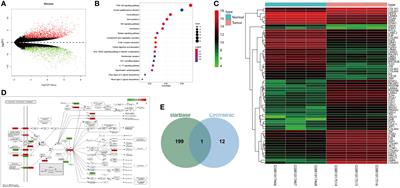ORIGINAL RESEARCH
Published on 26 Nov 2021
Plasma-Derived Extracellular Vesicles Reveal Galectin-3 Binding Protein as Potential Biomarker for Early Detection of Glioma

doi 10.3389/fonc.2021.778754
- 4,377 views
- 19 citations
3,992
Total downloads
12k
Total views and downloads
ORIGINAL RESEARCH
Published on 26 Nov 2021

REVIEW
Published on 05 Nov 2021

ORIGINAL RESEARCH
Published on 29 Sep 2021
